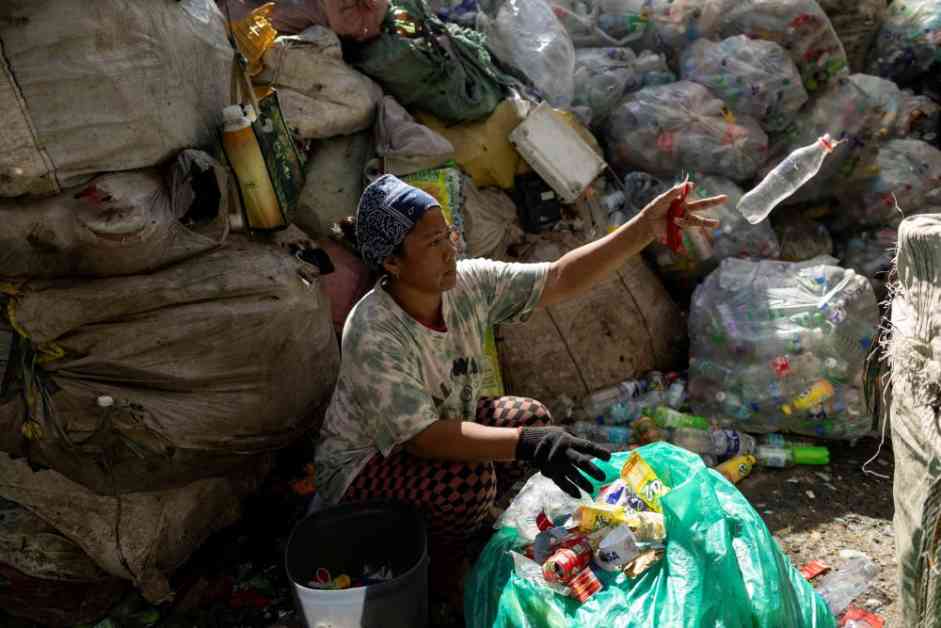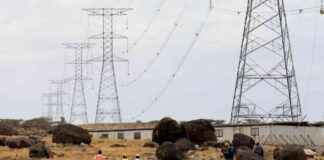Countries around the world are facing a critical decision on how to tackle plastic pollution after the recent Busan talks failed to reach an agreement on a UN treaty to end the crisis. The talks, which were supposed to be the final step in the process, hit a roadblock due to disagreements over cutting oil-heavy production. This breakdown has left diplomats and observers pondering the next steps in combating plastic pollution.
A Global Effort for Change
More than 100 countries, spanning from wealthy Western nations to African, Latin American, and Pacific countries, came together to support capping plastic manufacturing as a crucial component of the UN accord. The push for stricter policies comes as only a mere 9% of plastic is currently recycled worldwide. Without significant changes, the world risks facing a surge in plastic waste, exacerbating environmental and health issues.
European Union envoy Tony Agotha emphasized the urgency of the situation by stating, “The time for the freedom to pollute is over.” However, a group of “Like-Minded” countries, including Saudi Arabia, Russia, and Iran, voiced concerns about the economic impact of production limits. This clash of interests highlights the challenging balance between economic growth and environmental preservation.
Overcoming Divisions and Obstacles
The recent talks revealed deep divisions among nations, with conflicting views on the regulation of plastic production. As the negotiations continue, there is a growing consensus that a new approach may be necessary to break the deadlock. Some experts suggest invoking a vote to ensure stringent provisions in the global pact, as relying solely on consensus has proven challenging.
While the path to a comprehensive agreement remains uncertain, there is a call for higher-level political involvement to bridge the gap between opposing factions. The upcoming negotiations will require strategic leadership and a willingness to explore innovative solutions to address the pressing issue of plastic pollution.
In a world grappling with the consequences of excessive plastic use, the fate of the UN plastics pact hangs in the balance. The decisions made in the coming months will shape the future of environmental sustainability and global cooperation. As the world watches and waits for a resolution, the need for collective action and shared responsibility has never been more apparent. Let us hope that nations can rise above their differences and work towards a common goal of preserving our planet for future generations.














